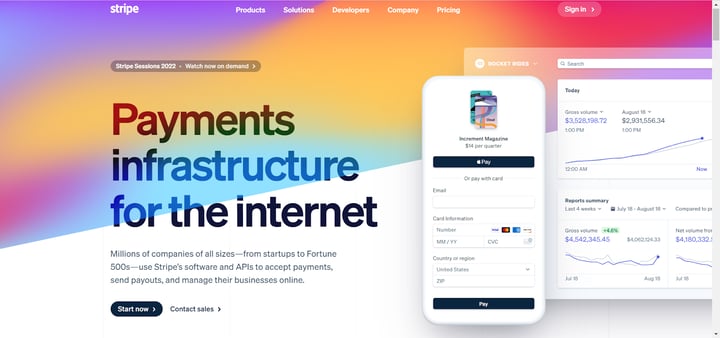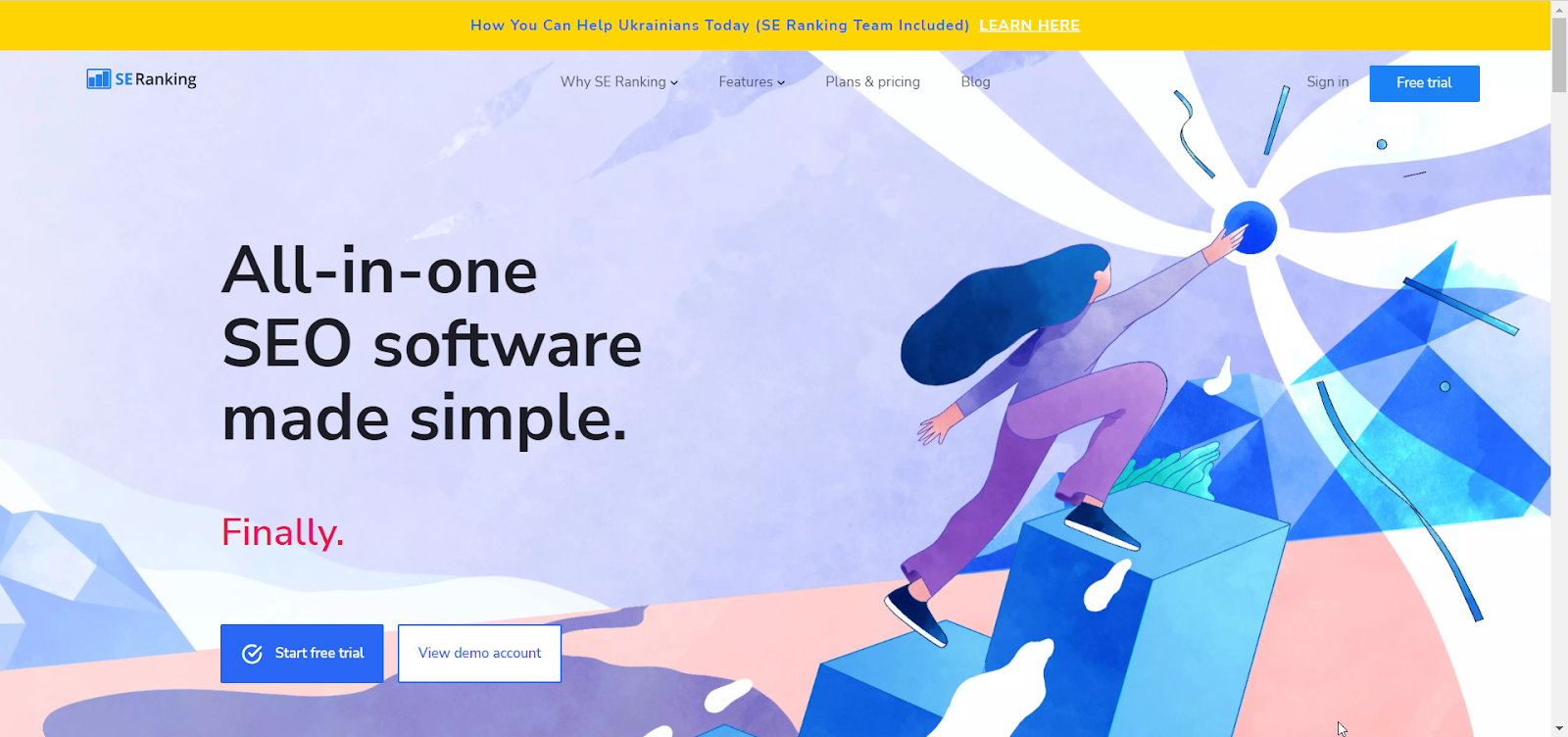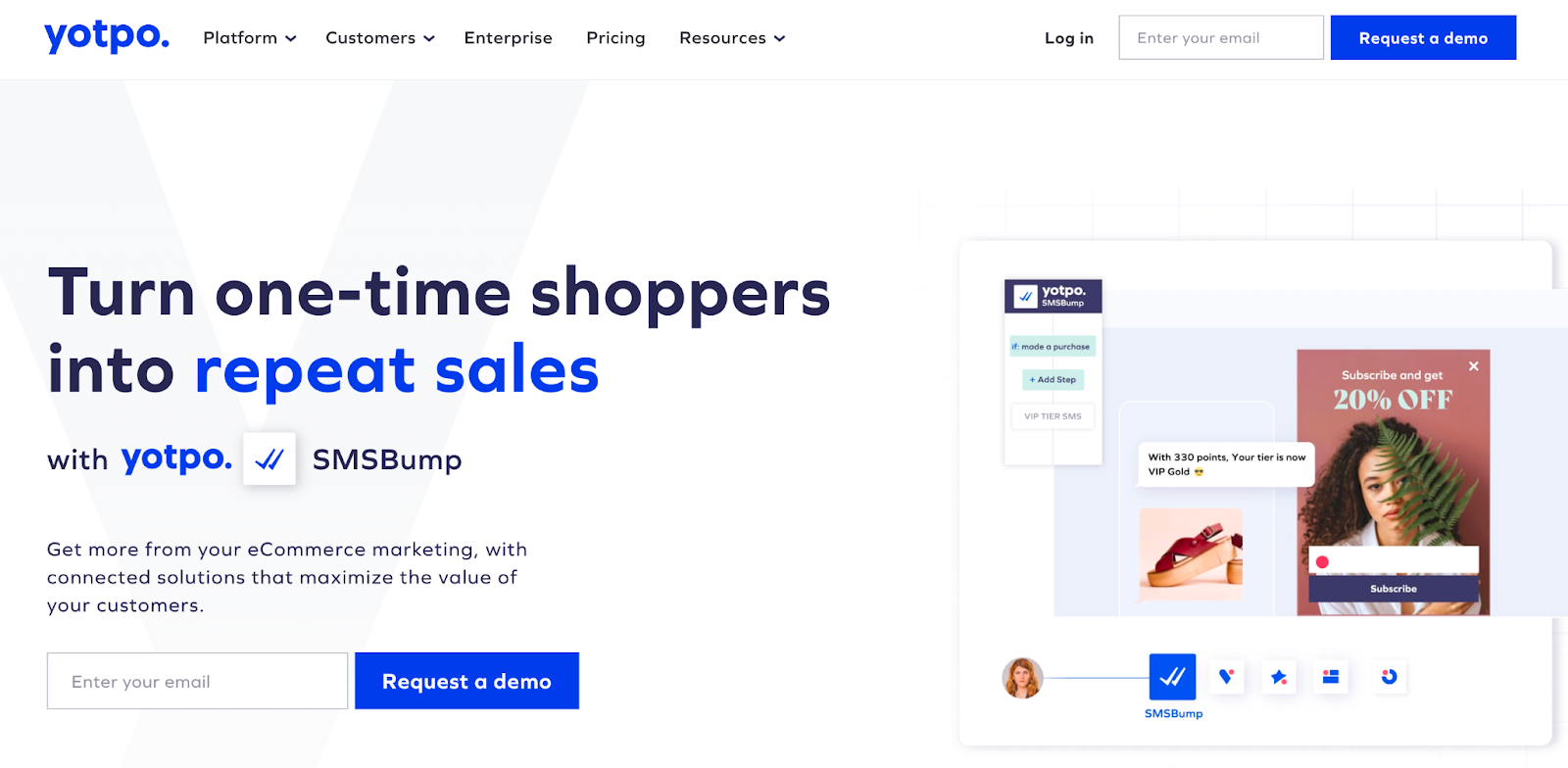
5 Tools to Add to Your Ecommerce Tech Stack
Contents
An ecommerce tech stack is a set of technologies and tools used to build and run an online store. It typically includes a web hosting platform, ecommerce platform, payment gateway, shipping solution, and a few other tools and services.
When it comes to the question of which ecommerce tech stack to use, there is no one size fits all answer. The best tech stack for your eCommerce business depends on several factors, including your business’s size and scope, budget, and technical expertise.
Choosing the right ecommerce tech stack for your business can be a challenge. However, choosing a stack that will meet your specific needs and requirements is essential. By investing in the right ecommerce tech stack, you can be sure that your business is set up for success.
Payment Processing Software
There are many different payment processing software options available for ecommerce businesses. Depending on your business’s specific needs, you may want to consider software that integrates with your existing tech stack. Some popular payment processing software options include Apple Pay, Shop Pay, and Stripe.
- Apple Pay is a popular payment processing option for businesses that use the Apple ecosystem. It is easy to set up and use, and customers can make purchases with a simple tap of their iPhone or Apple Watch.
- Shop Pay is a similar option available to businesses using the Shopify platform.
- Stripe is a popular payment processing software that works with different tech stacks. It is easy to use and provides various features, such as the ability to accept multiple currencies.

Some retailers are now exploring the possibility of accepting cryptocurrency as payment.
- Cryptocurrency is a digital or virtual currency that uses cryptography for security.
Transactions are recorded on a decentralized public ledger, making them more secure and transparent than traditional payment methods. Many believe that cryptocurrency has the potential to revolutionize the way we make and receive payments. Some retailers have already begun to accept cryptocurrency as a form of payment. If more businesses adopt this payment method, it could become a more mainstream option for consumers.
Marketing Technology
There are a wide variety of marketing technologies available to ecommerce businesses, and the right tech stack will vary depending on the specific needs of the business. However, some common technologies used in ecommerce marketing include SEO tools, email marketing platforms, social media management tools, and advertising platforms.
- Search engine optimization software includes keyword research tools, backlink analysis tools, on-page optimization tools, etc. Keyword research tools help you identify keywords most relevant to your ecommerce website. Backlink analysis tools help you determine which websites are linking to your ecommerce website and what backlinks your competitors have. On-page optimization tools help you optimize your ecommerce website’s title tags, meta tags, and other elements to improve your website’s ranking on search engine results pages.
- However, it is possible to find SEO analysis software that gathers all the necessary search engine optimization tools in one place and helps you identify opportunities to improve your website’s ranking on search engine results pages.

- Email marketing platforms can be used to send automated marketing messages to customers, as well as to segment customers into different lists for targeted marketing. It’s a great way to keep in touch with your customers, build relationships, and drive sales.
- Social media scheduling tools allow businesses to automate their social media postings, saving time and effort. In addition, social media scheduling can help companies better measure their social media campaign results and adjust accordingly.
- Retargeting is a form of marketing technology that enables ecommerce businesses to target potential customers who have already shown an interest in their products or services. By tracking online activity and using cookies, companies can show relevant ads to users as they browse the web or use social media. This helps to keep ecommerce businesses top of mind with potential customers and can ultimately lead to increased sales.
- Abandoned cart recovery is a marketing technique that can recover lost sales and boost customer retention. It works by tracking customers who have abandoned their shopping carts and sending them reminders or incentives to complete their purchases. This can be done through email, push notifications, or retargeting ads.
Multi-channel Inventory Sync
The process of inventory synchronization across multiple channels is a critical part of any ecommerce business. By keeping track of inventory levels in real-time, companies can ensure that they are never out of stock of popular items and can avoid overstocking items that are not selling as well.
To sync inventory levels across multiple channels, businesses need to have a central inventory management system in place. This system should be able to track inventory levels in real-time and should be integrated with all of the business’s ecommerce channels.
The multichannel ecommerce software will handle the data transfer between the online stores and the accounting system and keep the information up-to-date in real-time. This means that businesses will always have accurate inventory information and can make informed decisions about their stock levels.
Customer Relationship Management
Customer relationship management (CRM) is a systematic approach to managing a company’s interactions with customers. A CRM system helps companies keep track of customer interactions, including sales, support, and marketing. It can help track customer data such as contact information, preferences, and purchase history. A CRM is used to automate and streamline customer-facing processes.
CRM systems can improve customer satisfaction by providing better customer service and support and increase customer loyalty by giving loyalty programs and incentives. They also help companies increase sales by providing sales tools and resources.
Brand Advocacy & Social Proof Tools
Brand advocacy is crucial as people nowadays seek product approval from their friends, family, and even strangers on the Internet. And the more data you have on the popularity and quality of your product and service according to the users, the better.
This form of marketing is very effective, but gathering and processing that data manually takes way too much more.
Brand advocacy and social proof tools help you manage page views, sales, testimonials, UGC (user-generated content like video reviews), and more.
Such tools include:
- Boast – Thank You messages, testimonial ratings, mobile app for customers.
- Proof – live visitor count, recent activity, and other notifications for the real actions on your site.
- Yotpo – AI-powered email review requests, client community Q&A, etc.

Conclusion
Perhaps you want to improve your website’s performance or add new features to your online store. Maybe you’re aiming to increase conversion rates or simply want to provide a better customer experience. This is where the ecommerce tech stack comes in! An ecommerce tech stack is a collection of software tools and technologies used to simplify building and running an online business.
An ecommerce tech stack may typically include an ecommerce platform, payment gateway, shipping solution, and customer relationship management (CRM) system. Businesses can also use various tools to power their ecommerce operations, such as order management systems, product information management (PIM) systems, and marketing automation platforms. Choosing the right mix of software tools and technologies is critical for building a successful online store.
Whatever your reasons, investing in new ecommerce technology can be a great way to take your ecommerce operation to the next level. And with the right tech stack in place, you’ll be well-positioned to compete in today’s highly competitive online marketplace.
TRY WEBGILITY FOR FREE
About Alina Tytarenko
Alina Tytarenko is part of the marketing team at SE Ranking SEO software and has worked in the SEO sphere for three years. She shares her experience in marketing techniques, search optimization, and web analytics with readers.



 The Webgility Team
The Webgility Team


